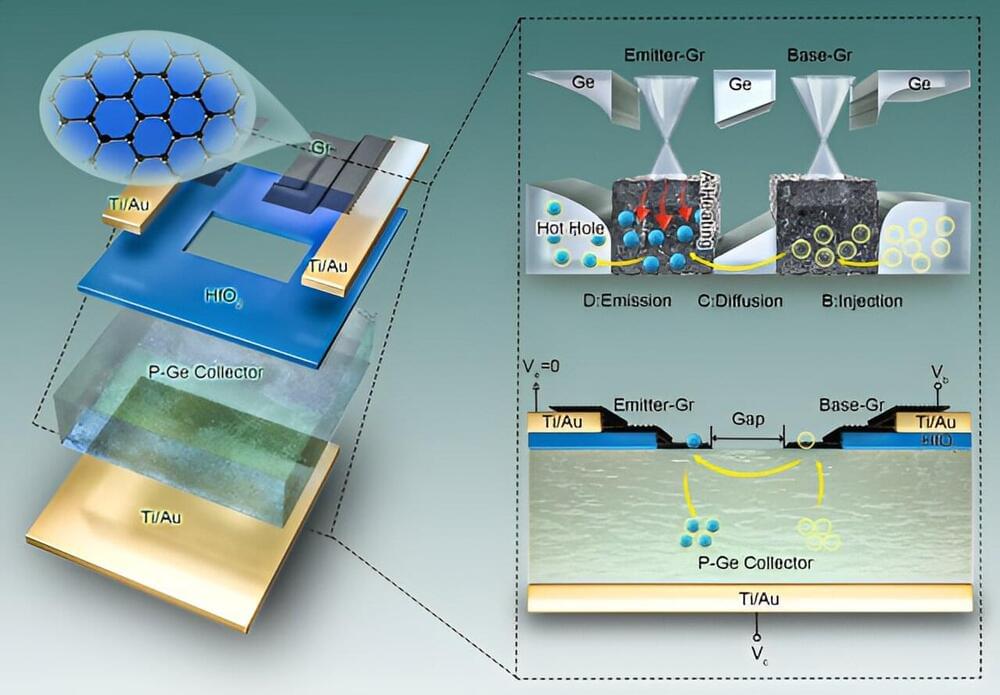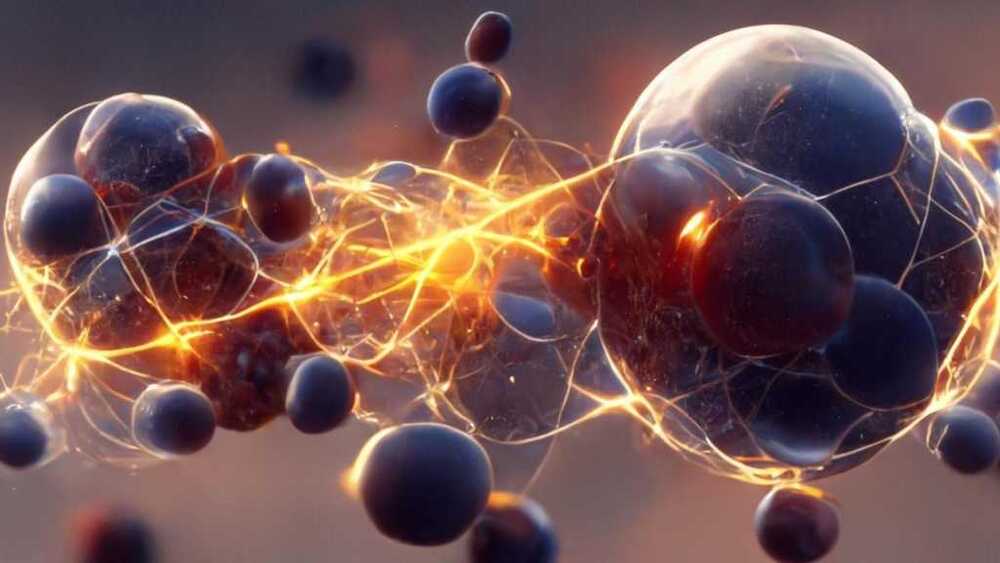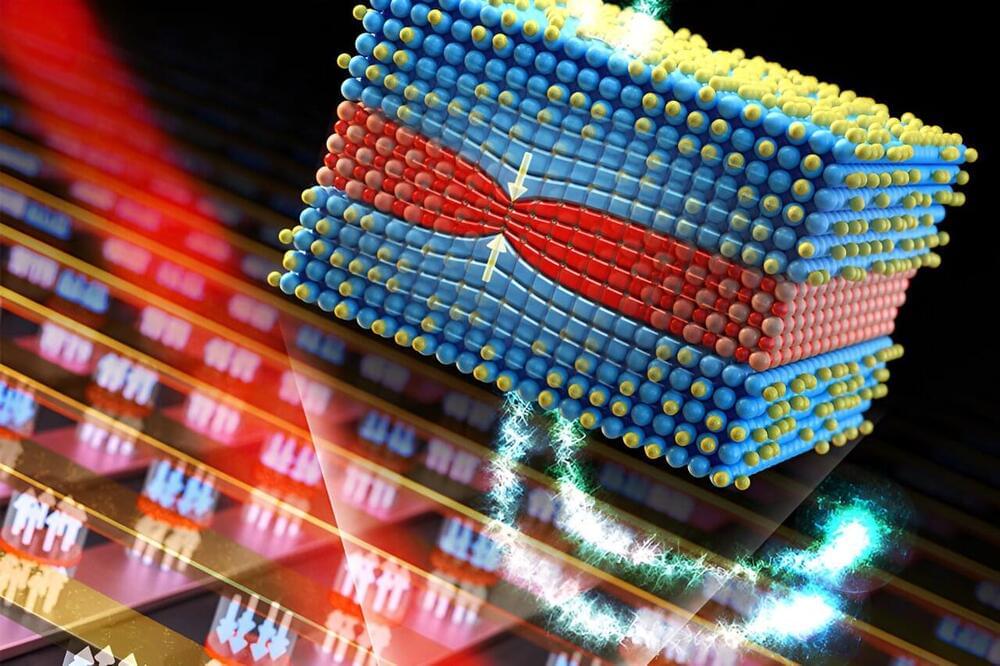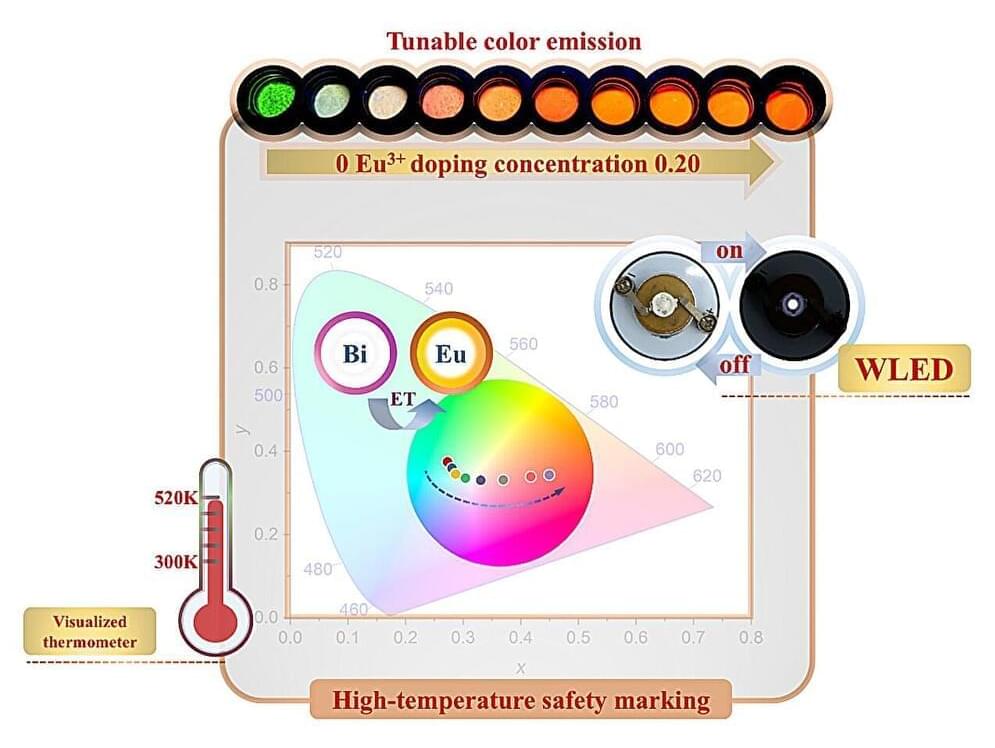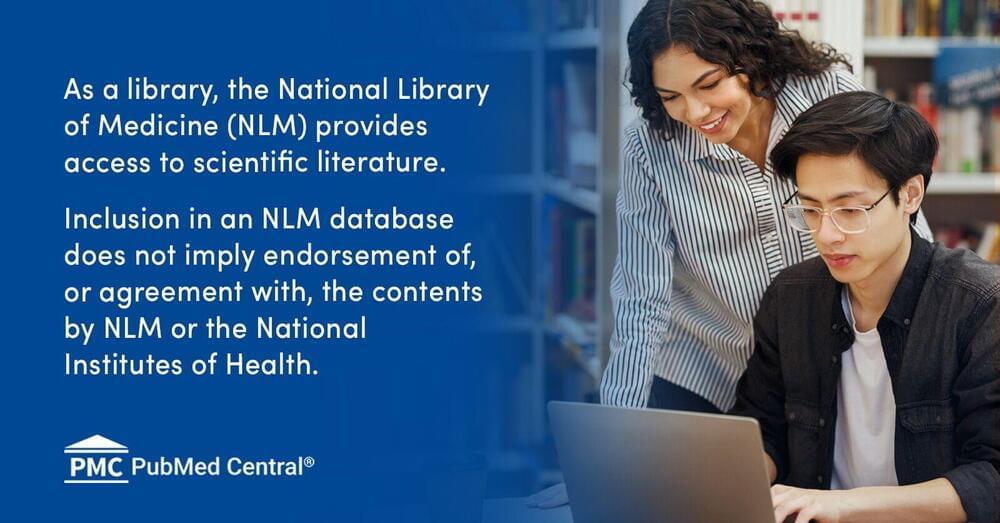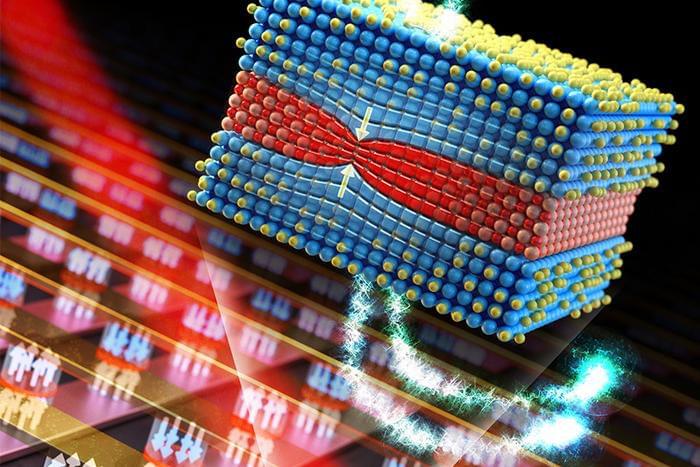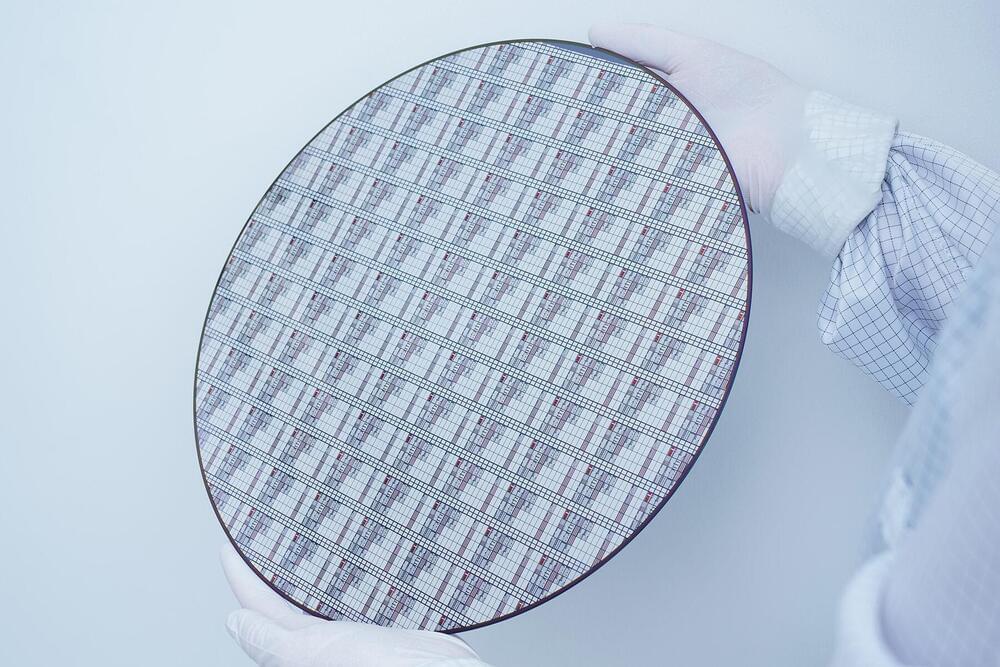One of the most exciting features in Bluetooth 6.0 is called “Channel Sounding,” which makes it possible to locate lost devices and/or other objects with much more precision than previous versions of Bluetooth. In fact, you’ll be able to locate them down to the centimeter.
And this device detection feature isn’t just for close-range uses — it will be able to work across long distances and be just as effective. If it lives up to the hype, this improvement could significantly improve devices like Apple’s AirTag and apps like Google’s Find My Device.
Bluetooth 6.0’s Channel Sounding could even find its way into more types of devices that need protection against loss, such as remote controls (which somehow tend to disappear without a trace).

